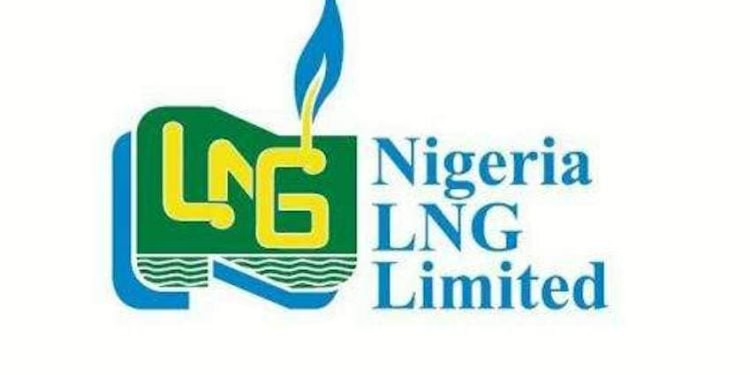Nigerian LNG (NLNG) has unveiled its comprehensive strategy for incorporating artificial intelligence (AI) throughout its operations, reaffirming its commitment to driving innovation and embracing cutting-edge technology. This approach aligns with global initiatives aimed at delivering cleaner, safer, and more sustainable energy solutions.
The company’s roadmap focuses on embedding intelligent technologies to future-proof its operations while advancing its Health, Safety, and Environment (HSE) Goal Zero objectives.
At the 2025 GASTECH Conference held in Milan, during a panel titled “Operational Excellence through the Application of Artificial Intelligence Technologies,” NLNG’s Deputy Managing Director, Olakunle Osobu, emphasized AI as a pivotal force enhancing efficiency, dependability, and sustainability within the energy industry.
“Artificial intelligence is no longer a futuristic idea; it is the present catalyst for boosting efficiency, reliability, and sustainability in energy. At NLNG, we are integrating AI across our entire value chain to ensure our operations remain resilient and forward-looking. Crucially, our ‘Goal Zero’ safety initiative and operational excellence targets have been significantly bolstered by AI, resulting in improved safety standards and overall business performance,” Osobu explained.
He highlighted that AI has become essential for managing intricate processes, especially in organizations committed to continuous improvement and operational excellence.
Osobu detailed how virtual reality applications and AI-powered assistants are accelerating employee training and improving knowledge retention. Additionally, advanced visual analytics derived from smart cameras and satellite data are enhancing operational oversight and safety compliance monitoring.
Further, he noted that automation of processes and predictive maintenance technologies are boosting production efficiency and asset dependability. AI-driven optimization is also playing a key role in refining emissions tracking, supporting NLNG’s dedication to energy transition goals.
He underscored that the initial and crucial step for any company is to integrate AI into existing systems, unlocking predictive, preventive, and corrective maintenance capabilities that ensure plants operate at optimal levels.
Osobu also mentioned NLNG’s value-centric approach, which involves upskilling employees through its Centre of Excellence to align AI initiatives with business objectives, thereby delivering tangible benefits.
NLNG’s active engagement at GASTECH 2025 highlights its leadership in shaping the future energy dialogue and its unwavering commitment to leveraging technology to fulfill its vision of becoming “a globally competitive energy company, improving lives sustainably.”

















